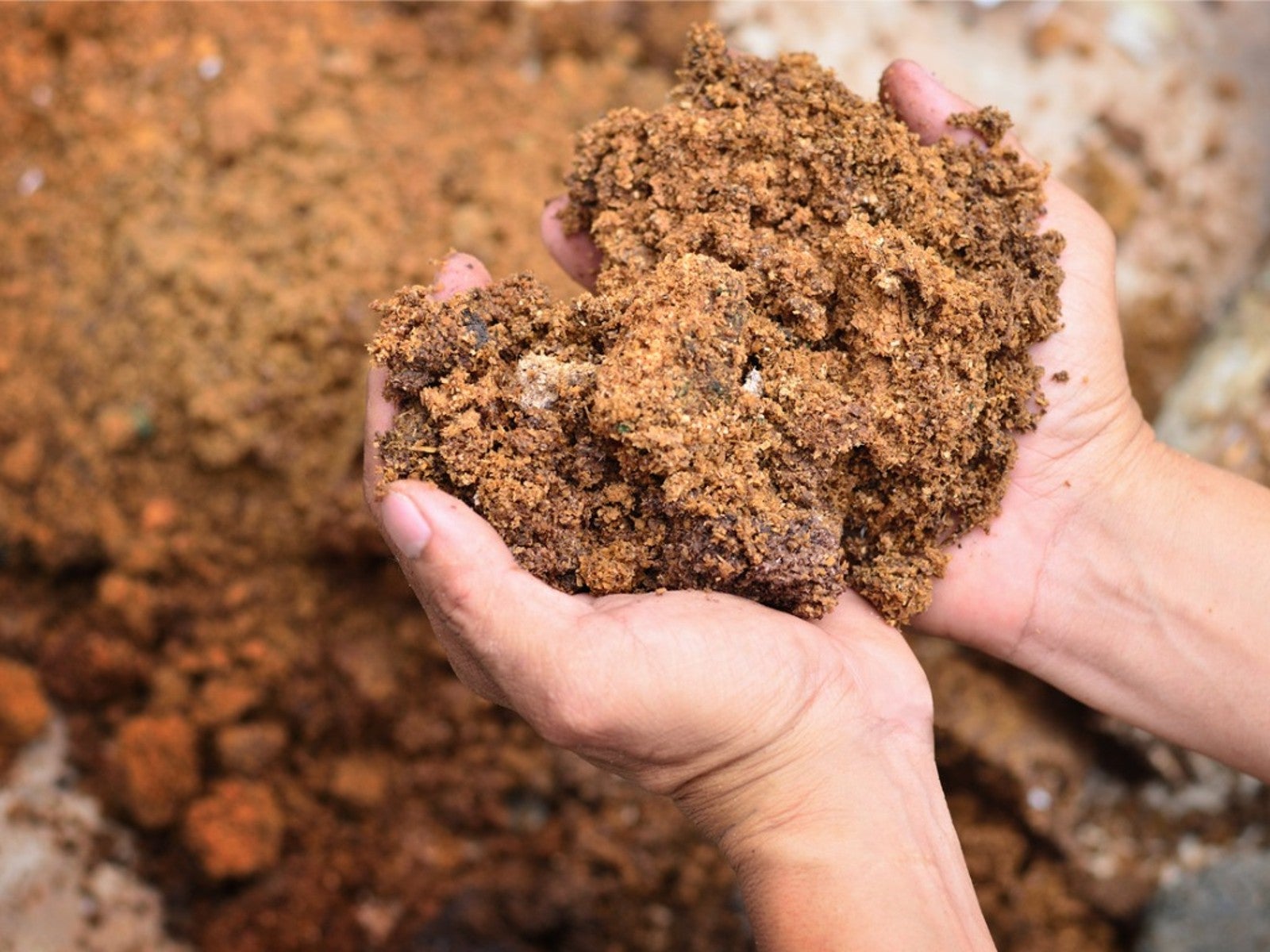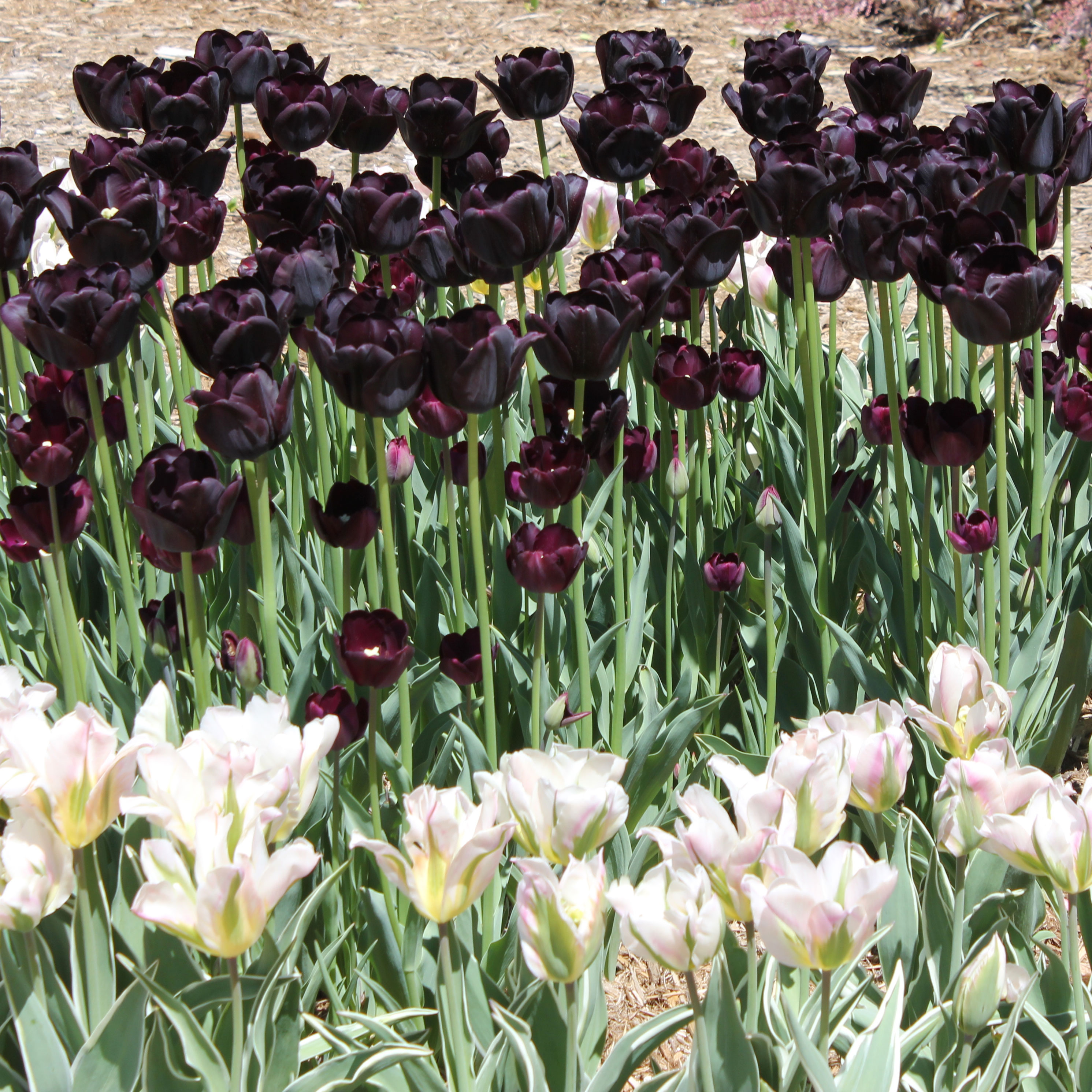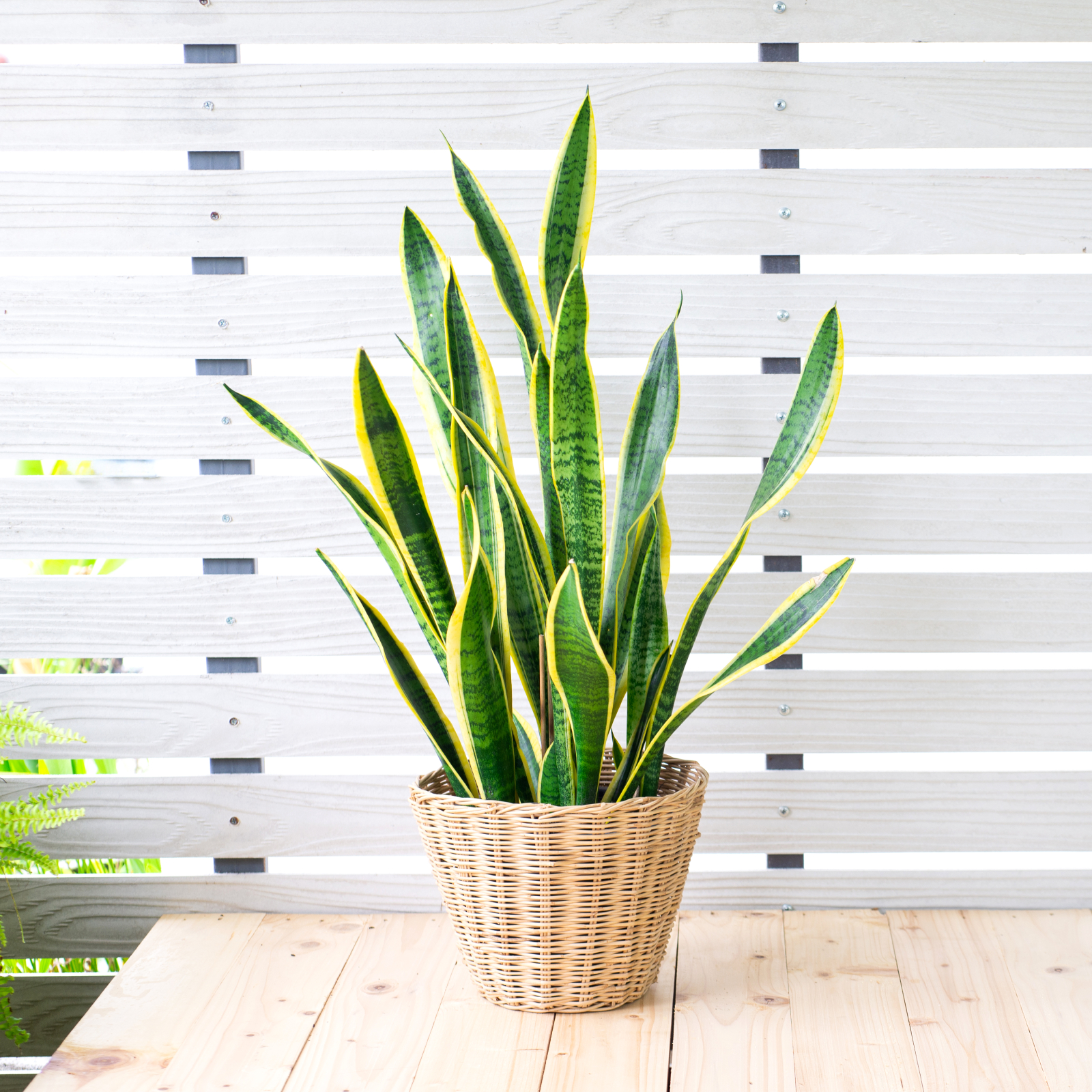Is Mushroom Compost Good For All Plants?

Mushroom compost for the garden has been promoted as beneficial for some time now, but it’s important to note that not every plant reaps the benefits of mushroom compost. What plants don’t like mushroom compost? Acid loving plants, for one. Is mushroom compost good for a vegetable garden? The following contains information on plants that do and don’t like mushroom compost and how to use it in your garden.
What is Mushroom Compost?
Sold packaged at garden supply centers or in bulk from mushroom growers themselves, mushroom compost is specially mixed compost most suited for commercial growing of mushrooms. It’s sold when it is “spent,” meaning after a round of mushrooms has been grown in it and it is beginning to lose some of the nutrients specific to the optimal growth of the fungi.
Just because mushroom compost is spent doesn’t mean it has no value. In fact mushroom compost is incredibly good for most but not all of the garden.
What is in mushroom compost? The recipe for mushroom compost varies depending upon the company, but it may contain wheat or rye straw, peat moss, used horse bedding straw, chicken manure, cottonseed or canola meal, the leavenings from grape pressing, soybean meal, potash, gypsum, urea, ammonium nitrate and lime.
The concoction is mixed up and then allowed to sit for about 30 days to heat up and begin the composting process. Straw provides the basis for the compost and some nourishment for beneficial bacteria and the chicken manure, while cottonseed meal and urea provide additional nutrition. The bacteria feed and multiply, raising the temp of the compost pile enough to kill any weed seeds or pathogens. The resulting compost is then ready to grow mushrooms in.
What is Mushroom Compost Good For?
Mushroom compost improves water retention, improves soil structure, has a mild nitrogen content which means it provides a slow uptake for plants but low enough to discourage weed growth, attracts earthworms, effectively insulates cooling or warming roots according to the season, and is an excellent slow release fertilizer.
What Plants Don’t Like Mushroom Compost?
Because mushroom compost is great at improving water retention, it isn't a good option for plants that don’t like “wet feet” such as succulents. This increase in water retention can also lead to rot or fungal infections.
Gardening tips, videos, info and more delivered right to your inbox!
Sign up for the Gardening Know How newsletter today and receive a free copy of our e-book "How to Grow Delicious Tomatoes".
Mushroom compost may be alkaline due to its high content of chalk or lime. But not all mushroom compost will be alkaline, so it is best to do a pH test prior to use, especially around acidic loving plants.
Mushroom compost is also high in salt, which can be problematic for some plants such as blueberries, camellias, rhododendrons and azaleas. These soluble salts along with other nutrients in fresh mushroom compost are too concentrated to germinate seeds or plant young seedlings.
If you have mushroom compost and are unsure of its content, it's best to mix it with garden soil prior to use on young plants. Or better yet, procure your compost in the fall and allow it to sit and cure over the winter months.
Although mushroom compost attracts earthworms, at the outset it lacks beneficial microorganisms. This is because the spent product has been pasteurized prior to sale in order to kill weed seeds, pests or pathogens.
How to Use Mushroom Compost
You can either procure your mushroom compost by the bag or order it in bulk. When used after curing or when mixed with garden soil, mushroom compost can be used around perennials, trees, and shrubs. In the vegetable garden, till three inches (8 cm) of compost into the top six inches (15 cm) of dry soil.
Mushroom compost can be used in container grown plants as well, but only at the rate of 1 to 4, compost to soil.

Amy Grant has been gardening for 30 years and writing for 15. A professional chef and caterer, Amy's area of expertise is culinary gardening.
-
 Moody Blooms For Spring: 8 Types Of Black Flowers To Add Drama To Spring Displays
Moody Blooms For Spring: 8 Types Of Black Flowers To Add Drama To Spring DisplaysFrom midnight burgundies to inky violets, several types of black flowers can enrich and embolden a spring display. Try these brooding bloomers for a moody garden
By Tonya Barnett
-
 Can Snake Plants Live Outside? Everything You Need To Know For Snake Plants Al Fresco
Can Snake Plants Live Outside? Everything You Need To Know For Snake Plants Al FrescoSnake plants can live outside given the right conditions, but be careful that they don't take over! Learn the best way to use snake plants in your landscape.
By Mary Ellen Ellis